
Steve Stevens: my top 5 not-so-guilty pleasures of all time
Contrary to popular belief, Steve Stevens, Billy Idol's sonic six-string master (and Grammy winner for his Top Gun Anthem), did not grow up on a steady diet of guitar histrionics. The sounds of '60s folk music filled his early ears, especially the songs of Phil Ochs, who hailed from Stevens' birthplace of Far Rockaway, Queens.
“I played acoustic guitar from the time I was seven till about age 13," Stevens says. "The folk scene was very big in my neck of the woods. Everybody was playing Phil Ochs songs. In fact, I remember the den mother from my Cub Scout troop was excommunicated because she let us sing his songs."
Contributing to Stevens' diverse musical was his father, whom the guitarist describes as being "a really cool hi-fi nut. He was always bringing home records that were surprising and out of the ordinary. He played us the first album that had a Moog synthesizer on it. Because of him, I wasn’t always listening to stuff that was on the radio or what my friends were playing."
Through the years, Stevens has continued to seek out music that spanned genres and trends. Part of his artistic curiosity, he says, is fueled by a need to distinguish his own identity as a player. "In my opinion, the last thing you should do is spend a lot of time to listening to your contemporaries," he says. "The reason for that is a) because you don’t want to sound like everybody else, and b) because it’s important to have another point of view. I found that listening to arrangers and movie scores and soundtracks was really helpful. You can cleanse your ears from the barrage of the same old information by stepping outside the box and checking out different things."
Whether it's pop, movie soundtracks or Broadway scores, Stevens stresses that all effective music has one thing in common: clear, blatant tunefulness. "A good melody is a good melody," he says. "It doesn’t matter where it comes from. It could be Tangerine Dream or a German krautrock band. If a song is strong melodically, it’ll stay with you."
So where does a man with adventurous tastes draw the line? Stevens laughs and admits that the appeal of opera has always eluded him. "There’s just something about it, man – I can’t get into it," he says. "Everything but opera for me.”
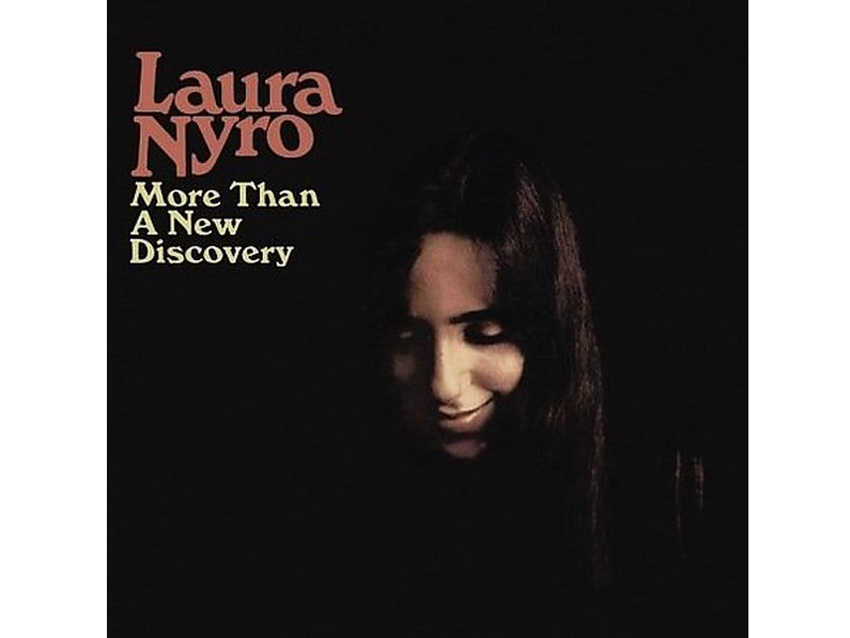
Laura Nyro - More Than A New Discovery (1967) (reissued as The First Songs, 1973)
“I was a huge Todd Rundgren fan and followed him all the way through Utopia. Then I realized that a lot of his chord voicings, melodies, and a lot of his classic style were the result of him trying to be like Laura Nyro.
“She created great songs, of course, but she also took you on a journey with her voice. If her vocals were digitally edited like they do nowadays, the power and effectiveness would’ve been ruined. There’s so much emotion in what she’s doing. To me, she’s beautiful, but you can tell in her music that she thinks she’s the ugly duckling. There’s a lot of vulnerability in her performances.
“The song Billy’s Blues can bring me to tears. Every time I hear it, it kills me. What a vocal on that thing! I can still go back to this record and be astounded by how good it is. It’s sad but so hopeful at the same time. That’s a hard combination to pull off.”
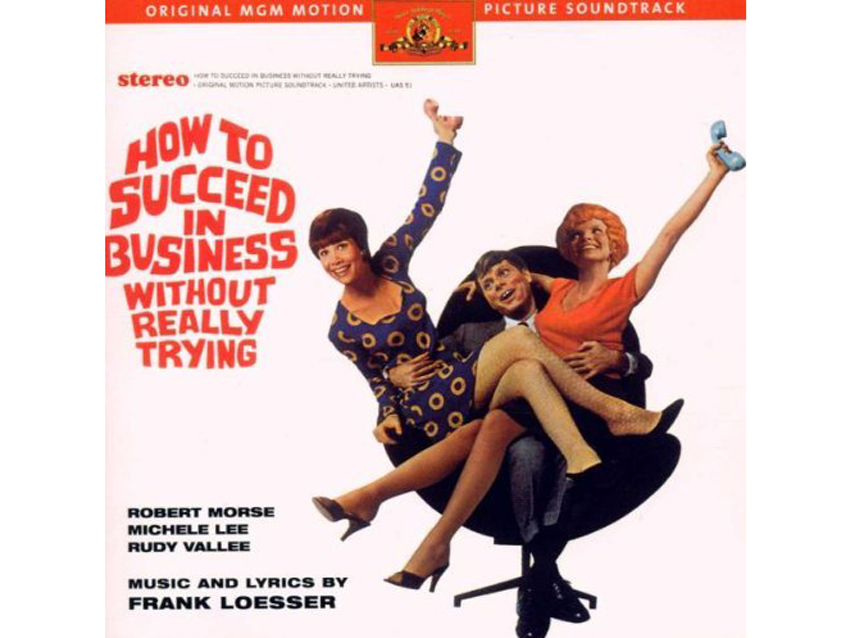
Original Soundtrack - How To Succeed In Business Without Really Trying (1967)
“They’re pop tunes in a Broadway sense, but they’re totally amazing. The songwriter is Frank Loesser, an incredible talent.
“I went to the High School Of Performing Arts in New York City, and I was always trying to date the girls who were in drama class. One day, this girl said that she had to go to her dance lesson after school, so I said, ‘OK, I’ll go with you.’ One of the students at the dance studio was Robert Morse, who was in the original film. He was the first movie star I ever saw in real life. That might have played a role in me listening to the album.
“There’s a song on the soundtrack called I Believe In Me that is just so fucking beautiful. It’s kind of a funny tune, and there’s twists and turns in the arrangement that are very surprising. Suddenly, it goes from happy-go-lucky to sad in the matter of a couple of seconds. I remember saying, ‘Wow, that’s brilliant songwriting!’ It really made an impression on me.
“Later on, I found out that the original recording was done at a venue that became The Ritz in New York, where I played a few times. They did orchestral scores there before it became a nightclub. In very weird ways, I have a bit of a connection to this soundtrack.”
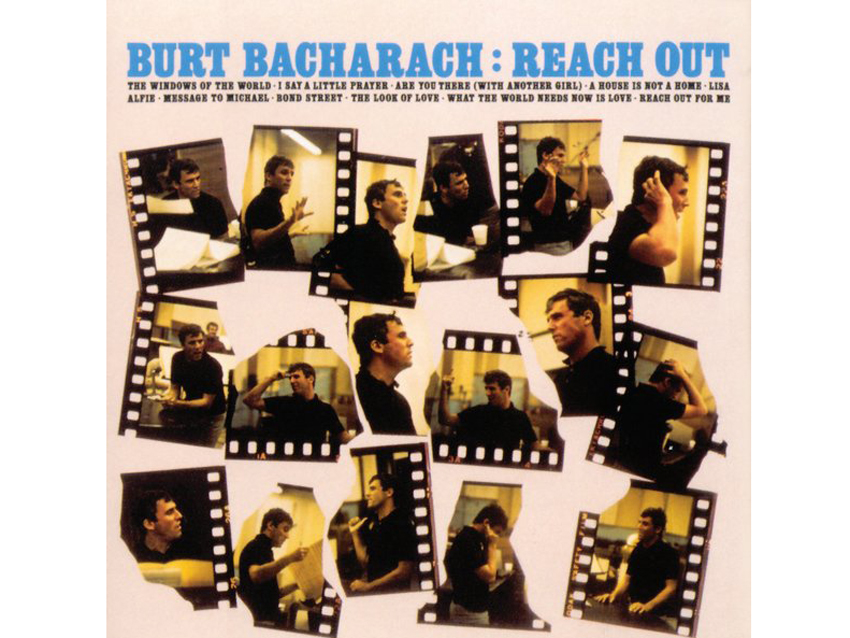
Burt Bacharach - Reach Out (1967)
“I’m a big Burt Bacharach fan. I had the pleasure of working with Linda Perry on a Pink record, and we got to talking about songwriting. We were discussing Burt Bacharach, and she said, ‘That guy’s got the gift of melody.’ It’s something you either have or you don’t, and in the case of Burt, he’s got more than most people.
“To me, this is very sexy music. Even my wife, who is considerably younger than me, will say, ‘Wow, that’s really horny music!’ [Laughs] And she wasn’t even born when this stuff came out. There’s just something about the time when Burt made these records – he was very good at portraying the playboy image. The music fit him, and he fit the music.
“The reason why I like this record is because I prefer the way he sang his songs. He was never a perfect singer – he struggles to get his melodies out. Obviously, he could never do what somebody like Dionne Warwick did – who could? But I love how imperfect he is when he does his own material. He achieves an intimacy that pulls you right in.”
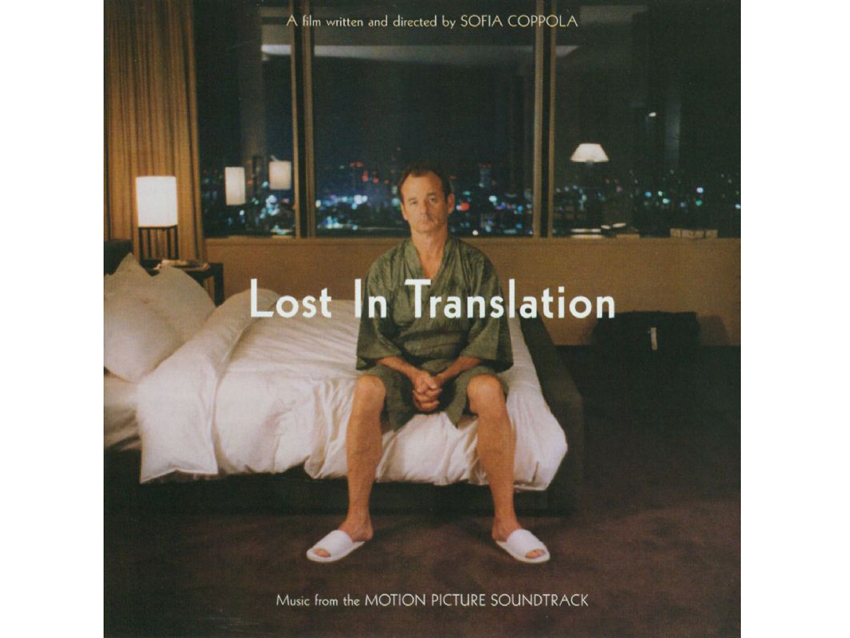
Original Soundtrack - Lost In Translation (2003)
“A lot of times the impact of music has a lot to do with where you are in your life. There were two years that I spent working with a Japanese artist named Himuro. I toured Japan for three months of each year during that time, being the only Westerner in an all-Japanese band. When I saw Lost In Translation, it really brought back how isolated I felt during those tours. I so related to the characters. And Sofia Coppola did an incredible job picking the music.
“The artists on the soundtrack – Squarepusher and some bands who do kind of minimal electronic music – are very interesting. You can tell that Sofia is a real music fan who knows how to incorporate certain songs to help move the story and let you inside the characters. Scorsese is a master at this, of course, and Sofia Coppola has that talent, as well.
“I lived this story for two years, so Lost In Translation is the soundtrack to that period in my life. And what was cool was, I didn’t know some of the artists on the record, so I went out and bought their music. It’s always great when that happens.”
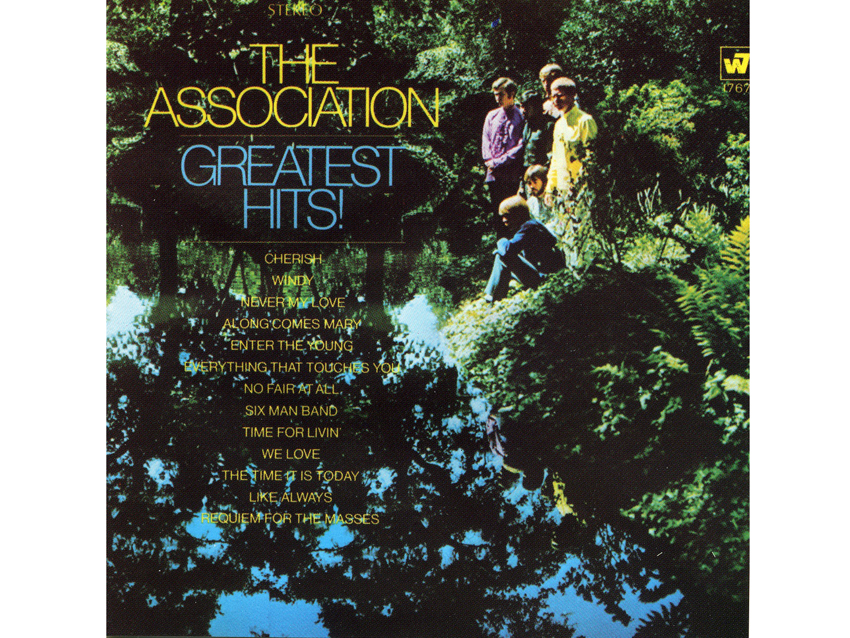
The Association - Greatest Hits (1968)
“Great songs with brilliant musicianship. I don’t think the whole band played on the records – it was probably the Wrecking Crew, much in the way that those guys played on a lot of the Beach Boys’ material.
“I heard these songs on AM radio when I was a kid. At the time, it didn’t do anything for me other than ‘Oh, that’s nice. It’s on the radio’ – but as I became more of a music fan, I heard this stuff in a different way.
“I became a huge fan of Yes, largely because of Chris Squire, who’s an unbelievable bass player. Later on, I found out from Chris himself that he and some of the other guys in Yes were big fans of The Association. They loved the vocal harmonies, and they really were into the basslines, like the one from the song Windy. That thing is so loud – it drives the tune.
“Even today, when I listen to these recordings, I’m struck by how loud and trebly the bass is in the mix – almost like Chris Squire’s Rickenbacker on Yes records. There’s a lot of very early progressive-rock arrangements throughout The Association’s lush California vibe. We’re not talking about the standard verse-chorus-verse-chorus-bridge-chorus-and-out stuff. These are very sophisticated recordings. The songs really stand up, and the vocals are beautiful.”
Joe is a freelance journalist who has, over the past few decades, interviewed hundreds of guitarists for Guitar World, Guitar Player, MusicRadar and Classic Rock. He is also a former editor of Guitar World, contributing writer for Guitar Aficionado and VP of A&R for Island Records. He’s an enthusiastic guitarist, but he’s nowhere near the likes of the people he interviews. Surprisingly, his skills are more suited to the drums. If you need a drummer for your Beatles tribute band, look him up.
